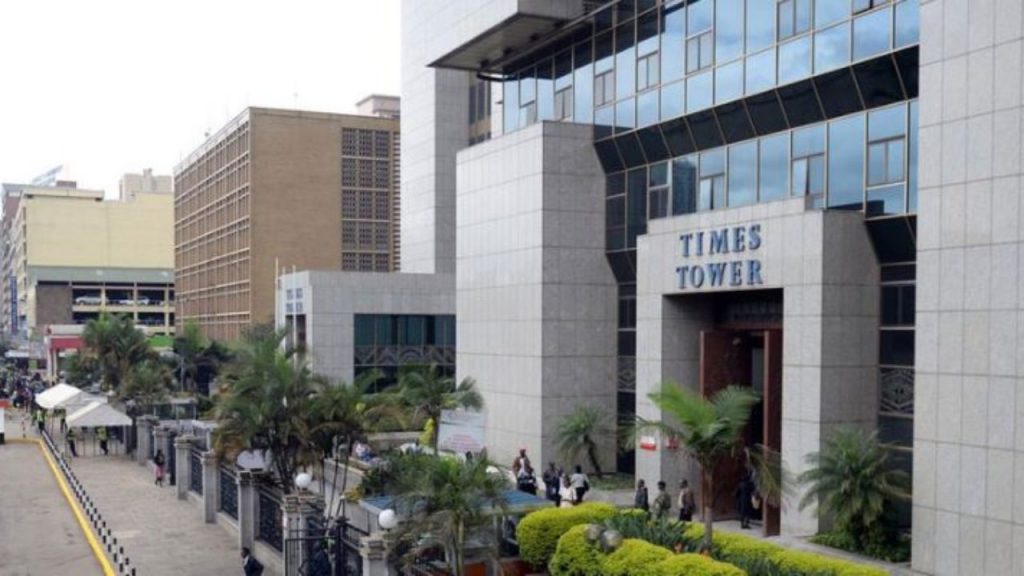When the government withdraws tax relief measures meant to cushion individuals and households during the Covid-19 pandemic, in January 2021, salaried workers can expect to retain Ksh1,000 in tax savings.
Treasury Cabinet Secretary Ukur Yattani announced that tax exemptions on earnings of up to Ksh24,000 would be retained following a directive by President Uhuru Kenyatta.
Workers will, therefore, enjoy a preferential personal tax relief of Sh2,400 compared to the pre-pandemic figure of Ksh1,400.
He explained that the reliefs were no longer sustainable primarily due to revenue collection shortfalls.
The Kenya Revenue Authority (KRA) missed its payroll and consumption tax collection targets for the three months to September posting a shortfall of Ksh62.5 billion.

PAYE, deducted from employee’s wages, missed the collection target by 21.11 per cent with the shortfall attributed to lay-offs and wage cuts undertaken by businesses to survive the shocks of the pandemic.
READ>>>>>KRA Taps 300 Experts to Crack the Deficit Question in COVID Season
“The decline is attributed to the difficult operating environment due to the Covid-19 pandemic which has been adversely affecting revenue performance from March 2020,” the treasury noted in its report.
Once the relief measures are withdrawn, the maximum Pay as You Earn (PAYE) rate will revert to 30 percent up from the 25 per cent announced by Uhuru in March.
Workers earning Ksh50,000 in monthly salary stand to lose up to up to Sh4,241 once the old rates are reinstated.
Those on Ksh100,000 and Ksh150,000 are likely to lose up to Sh7,229 and Sh9,717 respectively.
High income earners, making more than Ksh1 million stand lose up to Sh52,229 once the old terms take effect.
The tax relief measures were introduced to support households at a time when numerous citizens had lost their incomes in one way or another.
From wage cuts, lay offs and redundancies, companies and small businesses affected by the pandemic reduced their wage bills as a primary cost-cutting measure.
Statistics from the Kenya National Bureau of Statistics (KNBS) indicated that over 1.7 million Kenyans had lost their jobs since the onset of the pandemic.

















Leave a comment